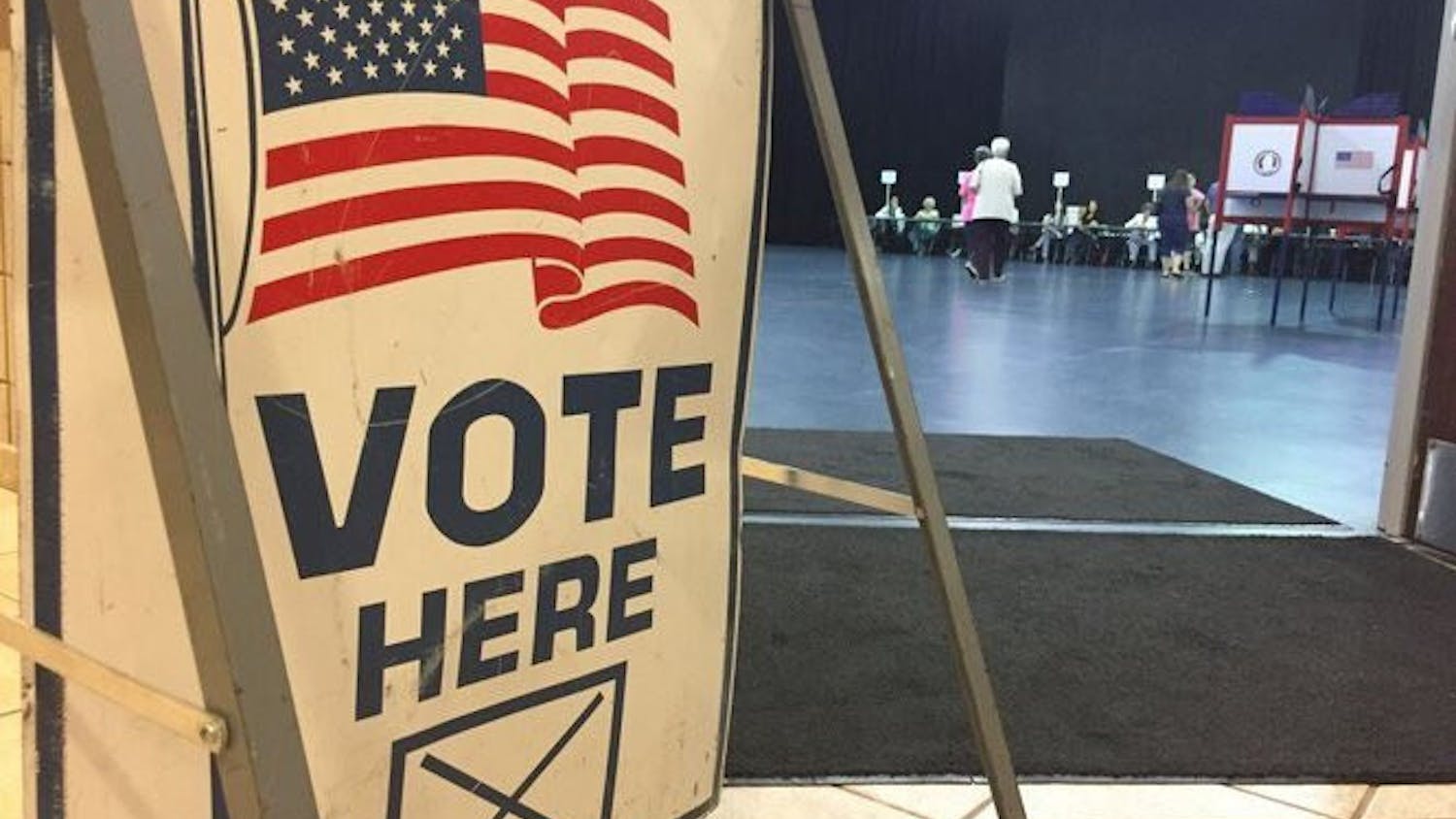By Shaim Akhtar
Staff Writer
The Biden administration recently announced a policy mandate that would cap credit card late fees at $8, significantly lower than the current fee of $32.
The policy aims to alleviate the burden of junk fees on credit card users by capping late fees at $8 starting in June, potentially saving American families more than $10 billion in late fees, according to the Consumer Financial Protection Bureau.
Moreover, the CFPB contends that $8 would, on average, be adequate for larger card issuers to cover collection costs stemming from late payments, with an average annual savings of $220 for the over 45 million individuals subjected to late fees.
The Biden administration advocated for the policy, asserting that reducing late fees would help Americans pay fewer expenses and lower interest on future purchases, while also preventing significant negative impacts on credit scores.
“Companies are also adding junk fees, you know the hidden costs that are added to your bill without your knowledge and some companies have been caught breaking the law by overcharging consumers,” Biden stated at a press conference on March 5. “That is why, today, I am launching a strike force to work on fair and legal pricing to crack down on companies that break the law while keeping prices high for consumers.”
Nonetheless, credit card companies and critics argue that the policy exceeds the CFPB’s regulatory authority and could lead to an increase in late payments, higher debt, lower credit scores and diminished access to credit, according to The Hill.
Business organizations and companies have filed a lawsuit in the district court for Northern Texas against the policy, alleging that the Consumer Financial Protection Bureau has unconstitutionally overstepped its statutory authority.
“Once again, we have reluctantly been forced to sue a federal regulator because the CFPB has ignored industry and other stakeholder comments demonstrating that this rule exceeds the bureau’s statutory authority and will hurt rather than help consumers,” said Rob Nichols, American Bankers Association President and CEO.
The Biden administration's policy of capping late credit card fees has prompted numerous political and corporate leaders to voice their opinions and beliefs on the policy.
“Credit card late fees cost Americans more than $14 billion per year. This overcharging has to stop. I'm glad to see the Biden administration continuing to fight against corporate greed and putting consumers first,” Minnesota Rep. Ilhan Omar stated on X.
Conversely, Independent Community Bankers of America President and CEO Rebeca Rainey stated, “ICBA remains concerned that the CFPB’s proposed rulemaking on overdraft services and final rule on credit card fees for late payments will have unintended consequences on all institutions. These restrictions would also have a negative ripple effect on customers and businesses that rely on overdraft services by causing them to experience the harsh realities of rejected payments.”
While there is still a long path before the court decides on the matter, there is no doubt that the result of the decision would have a significant impact on the relationship between credit card companies and federal regulators.







